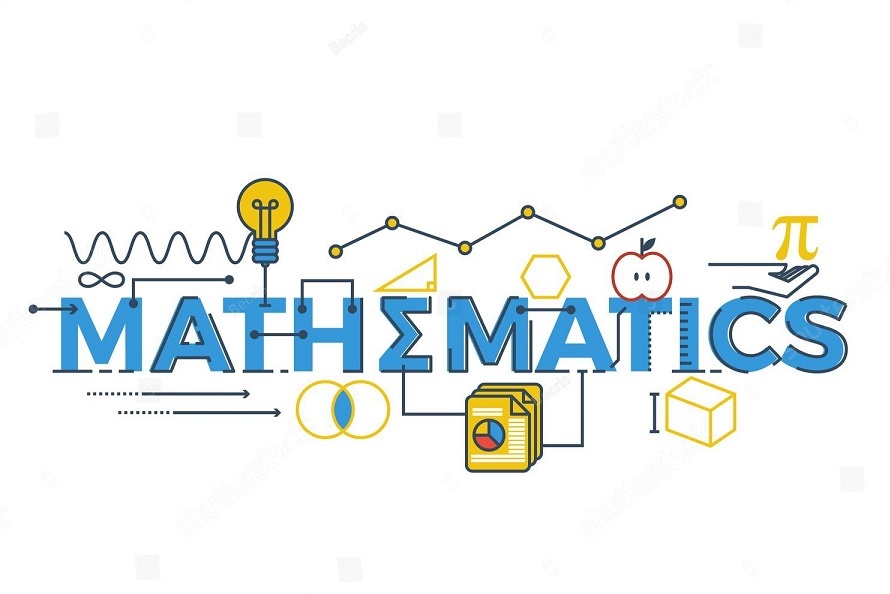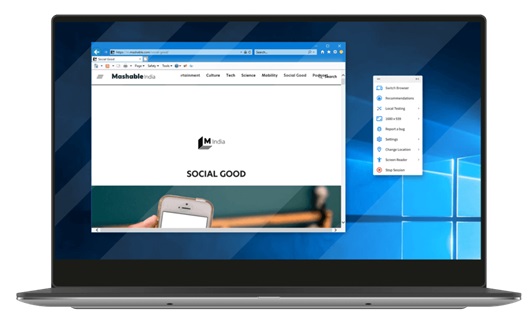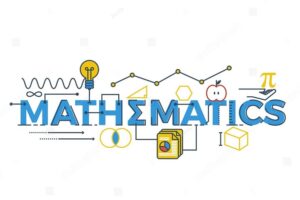Pre-Employee assessment is a process to recruit an employee for an organization. Pre-employment tests come in various forms, each with its own set of pros and cons.
When outsourcing pre-employment assessments, consider reputable pre-employment companies like Criteria Corp, SHL, and Mercer | Mettl. These organizations offer a range of assessment solutions tailored to different industries and job roles, backed by research and psychometric expertise.
In this article, we’ll explore six different types of pre-employment tests, along with the advantages and disadvantages of each.
Cognitive Ability Tests:
Cognitive ability tests assess a candidate’s reasoning, problem-solving, and critical thinking skills. These tests typically include questions on numerical reasoning, verbal reasoning, and abstract reasoning.
Pros:
Predicts job performance across a wide range of roles.
Provides valuable insights into a candidate’s cognitive abilities.
Cons:
May not accurately measure job-specific skills.
Potential for bias against certain demographics.
Personality Tests:
Personality tests aim to uncover traits and characteristics that may impact job performance and fit within a company’s culture. These assessments often use standardized questionnaires to assess factors such as openness, conscientiousness, extraversion, agreeableness, and neuroticism (OCEAN).
Pros:
Helps identify candidates who align with company values and culture.
Provides insights into teamwork dynamics and leadership potential.
Cons:
Subject to interpretation and may not always be accurate.
Potential for candidates to provide socially desirable responses.
Skills Tests:
Skills tests evaluate a candidate’s proficiency in specific job-related skills, such as coding, writing, or data analysis. These assessments may include practical exercises, simulations, or portfolio reviews.
Pros:
Offers a practical demonstration of a candidate’s abilities.
Helps identify candidates with the right technical skills for the role.
Cons:
May not fully capture a candidate’s potential in a real-world setting.
Requires careful design to ensure relevance and fairness.
Emotional Intelligence (EI) Tests:
EI tests assess an individual’s ability to perceive, understand, and manage emotions, both in oneself and others. These assessments focus on skills such as empathy, self-awareness, and relationship management.
Pros:
Predicts success in roles that require interpersonal skills.
Helps identify candidates who can thrive in diverse and dynamic environments.
Cons:
A subjective nature may make results less reliable.
Difficult to assess accurately through standardized tests.
Job Knowledge Tests:
Job knowledge tests evaluate a candidate’s understanding of specific job-related concepts, procedures, and regulations. These assessments are commonly used in fields such as healthcare, finance, and law.
Pros:
Measures candidates’ depth of knowledge in relevant subject areas.
Ensures candidates have the necessary qualifications for the role.
Cons:
Limited applicability to roles with rapidly evolving skill requirements.
May not fully capture practical problem-solving abilities.
Integrity Tests:
Integrity tests assess a candidate’s honesty, reliability, and trustworthiness. These assessments aim to identify individuals who are unlikely to engage in counterproductive or unethical behavior in the workplace.
Pros:
Helps reduce the risk of employee misconduct and fraud.
Can supplement other screening methods to ensure thorough candidate evaluation.
Cons:
Potential for invasion of privacy and ethical concerns.
Limited effectiveness in predicting future behavior.
If you’re taking a look at Pipefy alternatives for managing pre-employment assessments, consider platforms like Trello, Asana, or Monday.com. These project management tools offer customizable workflows and collaboration features that can streamline the assessment process.
In conclusion, pre-employment tests play a valuable role in the hiring process, providing employers with valuable insights into candidates’ abilities, traits, and potential fit within their organizations. By understanding the various types of assessments available and their respective pros and cons, employers can make informed decisions to identify the best talent for their teams.




















